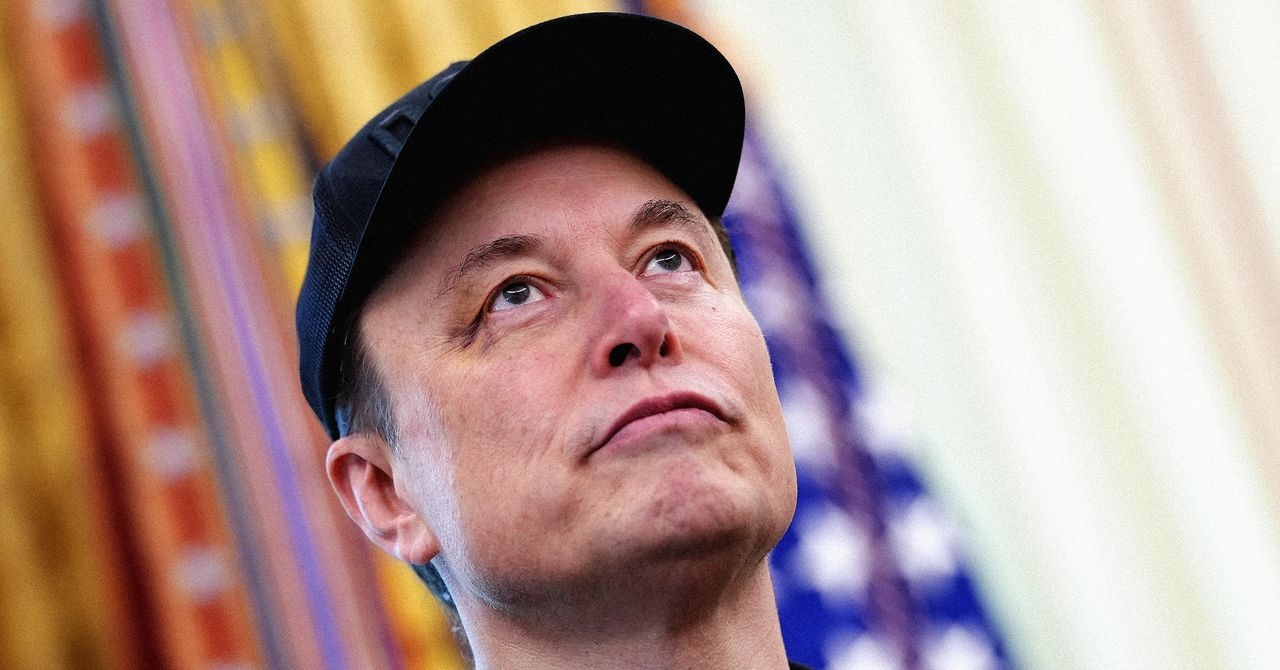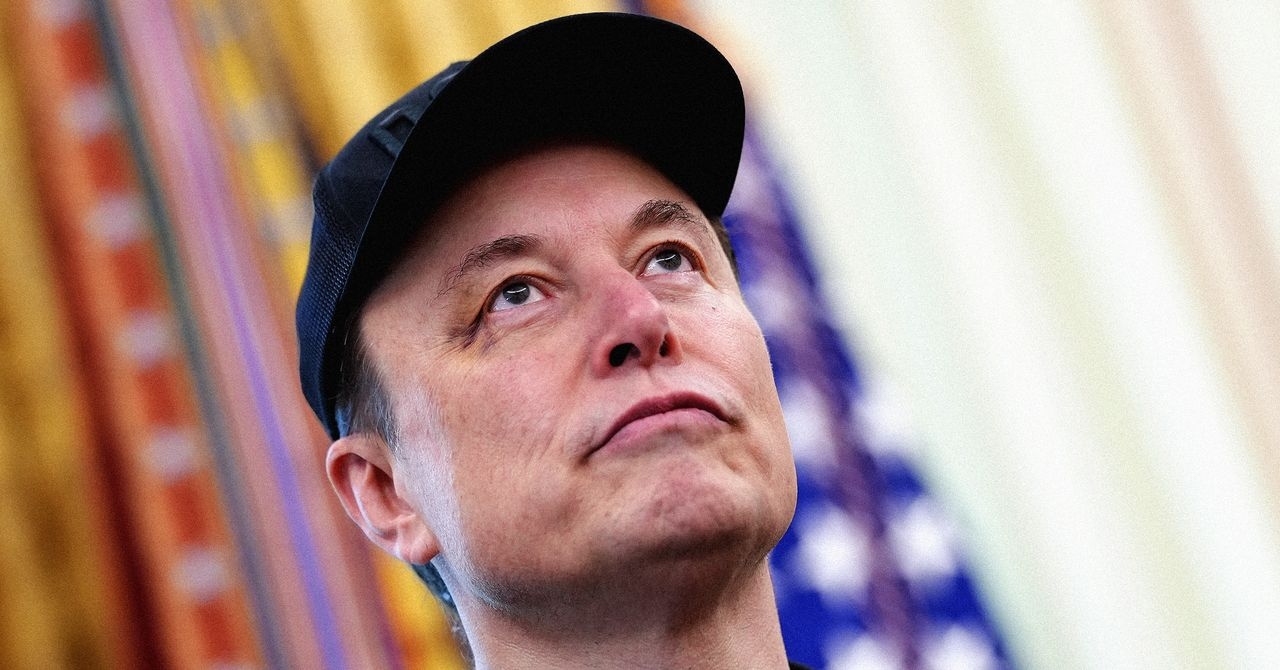Tesla Shareholders Approve Elon Musk’s $1 Trillion Pay Package

On Thursday, Tesla shareholders approved an unprecedented $1 trillion pay package for CEO Elon Musk. The full compensation plan will go into effect by 2035—assuming Musk and the company successfully hit ambitious financial and production targets. If that happens, Musk will also get control of some 25 percent of the business, up from the 12 percent he controls currently. More than 75 percent of Tesla shareholders approved the move in a preliminary vote.
Musk celebrated the news onstage at Tesla’s Gigafactory in Austin, Texas, appearing alongside two dancing humanoid robots, the company's Optimus products. “Look at us, this is sick,” he said.
To meet its goals, however, Tesla will have to lead in industries well beyond electric cars—and guarantee that Optimus can do much more than dance. It will also have to beat all competitors in autonomous driving technology and robotics. “Tesla will have to be the market leader not just in the US, but also Europe and other regions,” says Seth Goldstein, a senior equity analyst at Morningstar, a financial services firm.
Specifically, Tesla needs to hit a $8.5 trillion valuation over the next 10 years, deliver 20 million vehicles to customers, send out 1 million robots, operate 1 million robotaxis, and sell 10 million subscriptions for its “Full Self-Driving” software over a three-month period—in addition to other financial targets.
Still, the vote marks a win for Musk, whose last package, a $50 billion pay day laid out in 2018, has been caught up in litigation after a shareholder alleged that the CEO had too much influence over the company’s board, and that Tesla was therefore failing to uphold its legal obligations to shareholders. The lawsuit, brought in Delaware’s Chancery Court, led to Tesla reincorporating in Texas. A panel of judges heard the case on appeal in October; they’ll likely make a final decision in the coming months.
Before the vote, Tesla’s board argued the sky-high pay package was necessary to retain Musk as CEO—and keep him focused on the car company. In a call with investors last month, Musk suggested that he would have a hard time pushing Tesla ahead in robotics and autonomy if he didn’t have a strong sway over the automaker. “If we build this robot army, do I have at least a strong influence over this robot army?” he asked. “I don't feel comfortable building that robot army unless I have a strong influence.”
Following Thursday’s vote, Musk told investors gathered in Texas that production of the Cybercab, a self-driving vehicle that lacks a steering wheel or sideview mirrors, would begin in April. The company will need permission from the federal government to put the unconventionally designed car on the road.
He also said the company would quickly expand its robotaxi service to more cities, including Dallas, Las Vegas, Miami, and Phoenix. Tesla has operated a small, invite-only autonomous taxi service in Austin, Texas, since late June, but each vehicle has had a “safety rider” in the front passenger seat, ready to intervene if the technology fails. Musk said those riders would be gone in Austin by the end of the year. Tesla also operates a limited ride-hail service in the San Francisco Bay Area with drivers behind the wheel, who use the company’s Full Self-Driving (Supervised) driver assistance technology. Is it not legally permitted to use its autonomous vehicle technology to pick up passengers in the state.
Musk also said that the company would unveil the next generation Roadster—a vehicle Tesla began taking reservations for in 2017—on April 1.
wired



